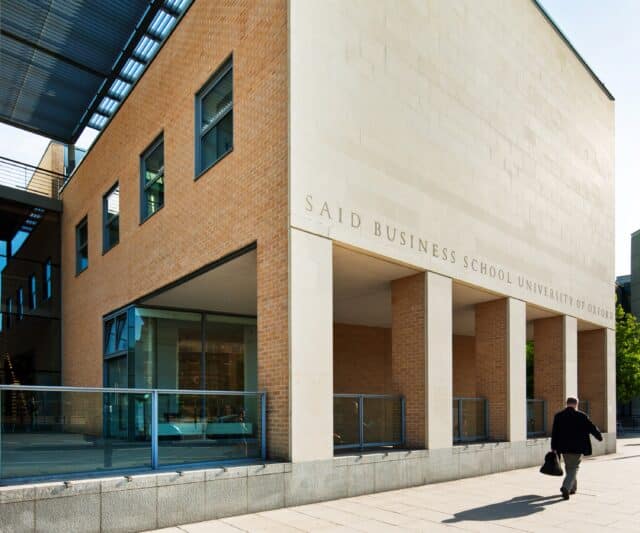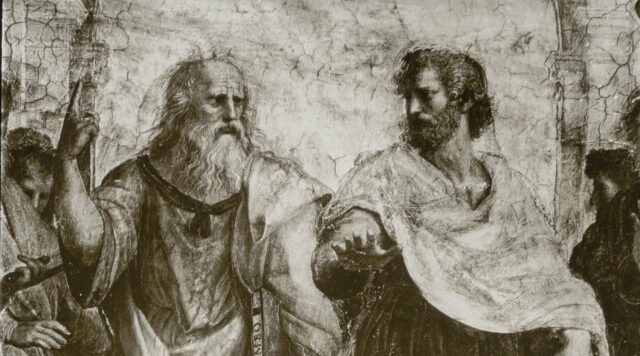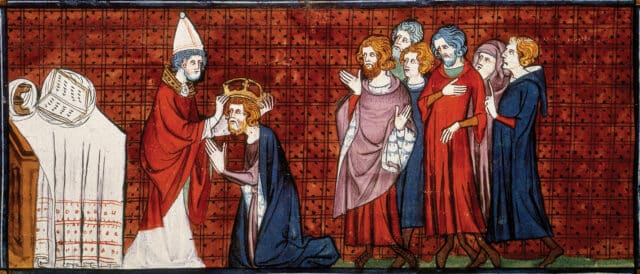Course overview
BA Philosophy, Politics and Economics (PPE)
Typical intake: 6
PPE is a highly flexible degree which allows you to shape your own path through it. You may choose to specialise in two branches at the end of the first year, or continue with all three. You can also explore a wide variety of disciplines under the overarching headings of Philosophy, Politics and Economics.
The Honour School of Philosophy, Politics, and Economics is one of the largest in the University. The College admits about 6 undergraduates each year. The first year is common to all undergraduates, and consists of introductory studies in all three subjects. The First Public Examination is at the end of the third term of the first year. Thereafter, candidates may offer all three subjects for the Final Honour School (the ‘tripartite option’), or offer two subjects only (the ‘bipartite option’). Candidates are required to take eight papers in total for Finals. Each subject has ‘core papers’. These are currently: in Philosophy, Ethics, and either Knowledge and Reality, Early Modern Philosophy, Plato or Aristotle; in Politics, two from: Theory of Politics, Comparative Government, Political Sociology, British Government and Politics since 1900, and International Relations; and in Economics, at least one of Microeconomics, Macroeconomics and Quantitative Economics. In addition candidates will take optional papers. The choice of further papers is very wide indeed – in the School as a whole, there are around fifty optional papers – and any candidate may offer a thesis in lieu of one of them.
Tutors
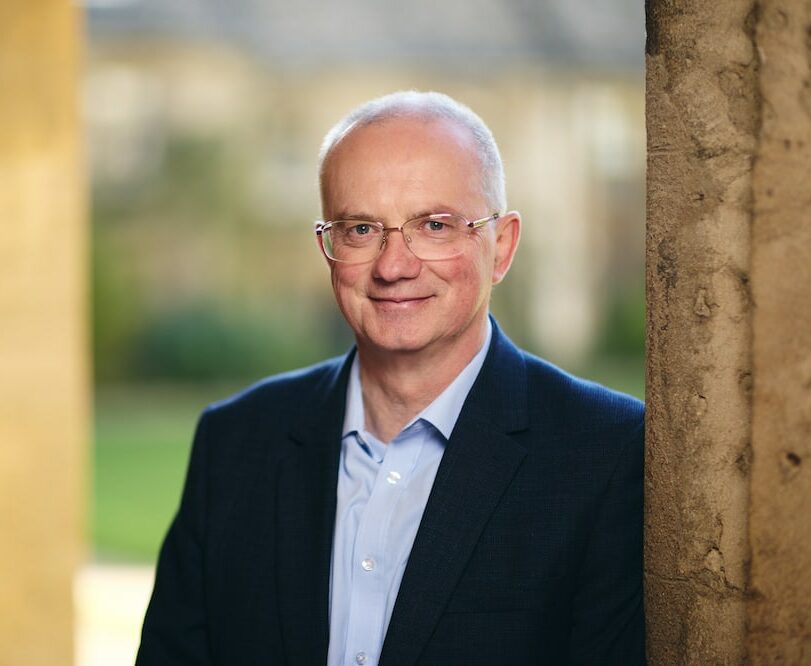
Wigmore Clarendon Fellow & Tutor in Economics
Dr Simon Cowan
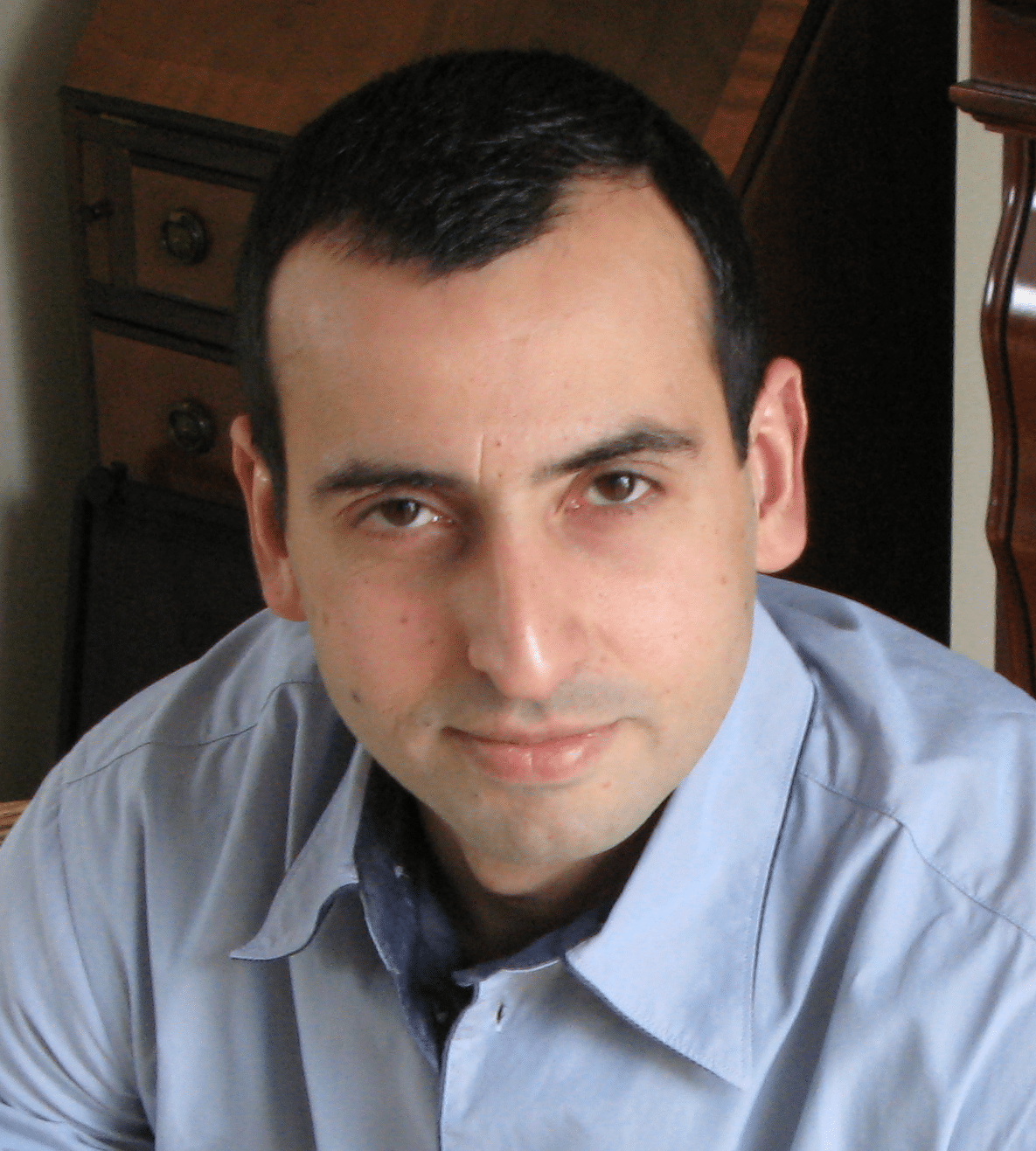
Hinton Fellow & Tutor in Philosophy
Dr Michail Peramatzis

Asa Briggs Fellow & Tutor in Politics
Professor Zofia Stemplowska

David Mitchell Fellow & Tutor in Philosophy
Dr Natalia Waights Hickman
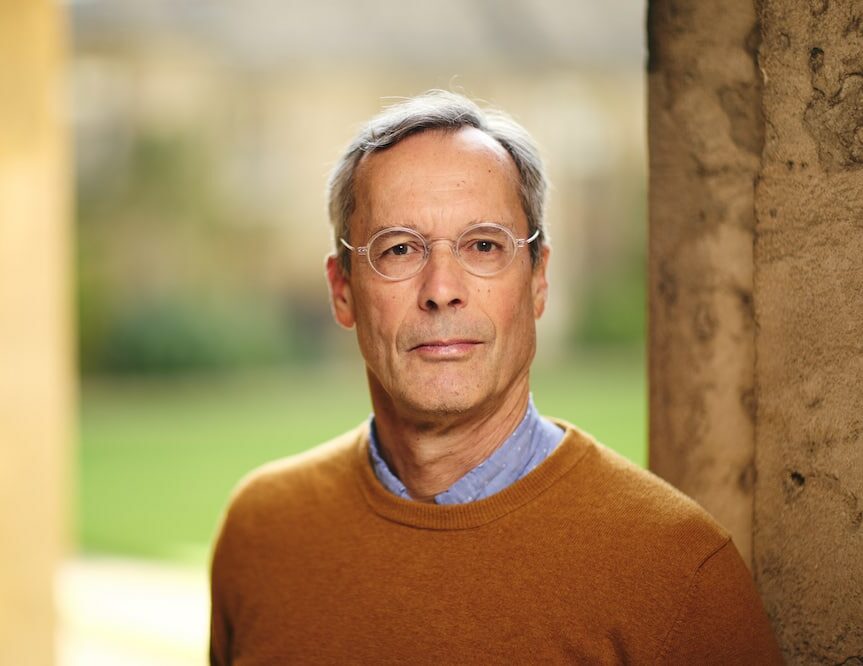
Senior Research Fellow
Dr Michael Drolet
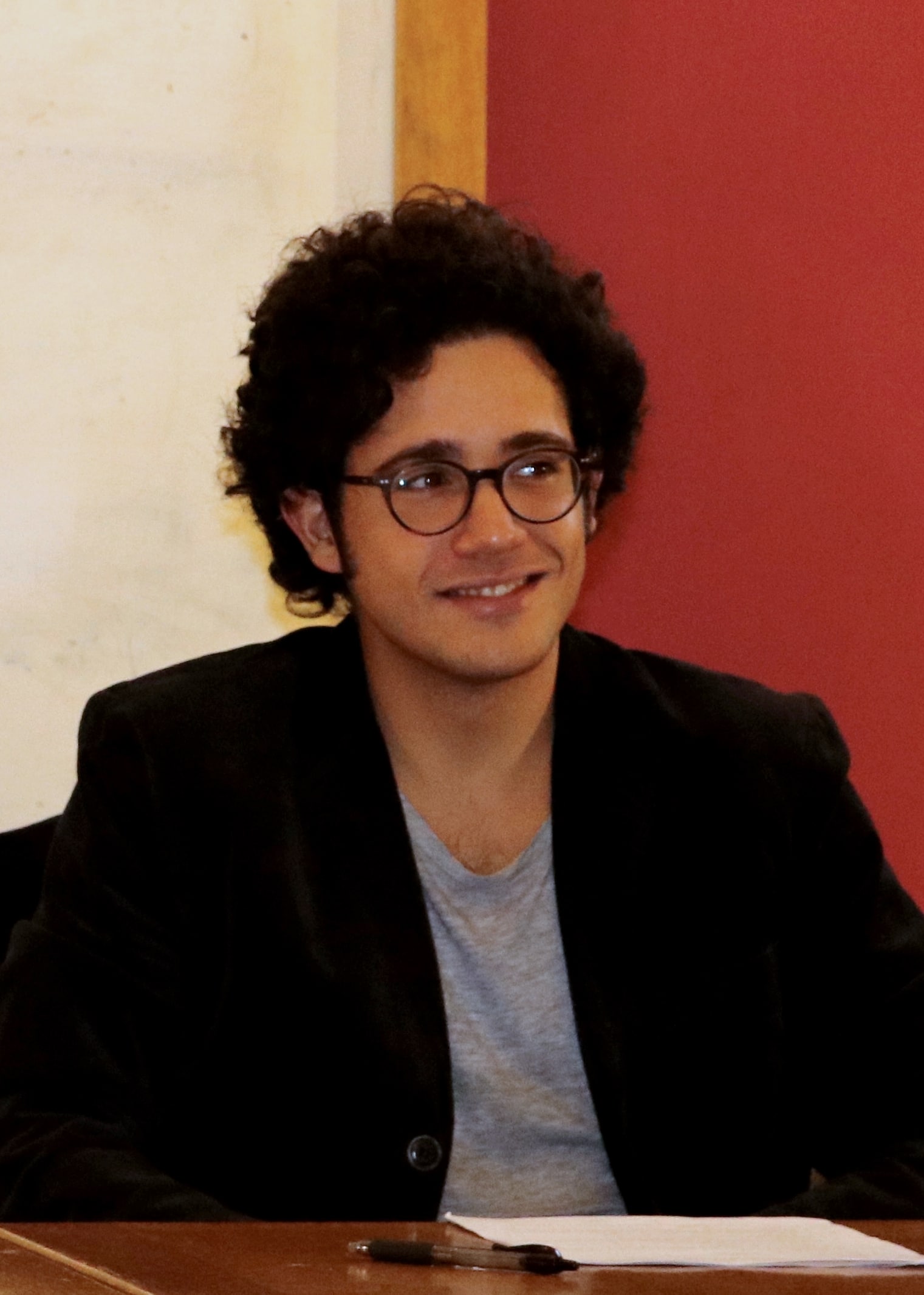
College Lecturer in Philosophy
Andrea Buongiorno

College Lecturer in Politics
Dr Gideon Elford
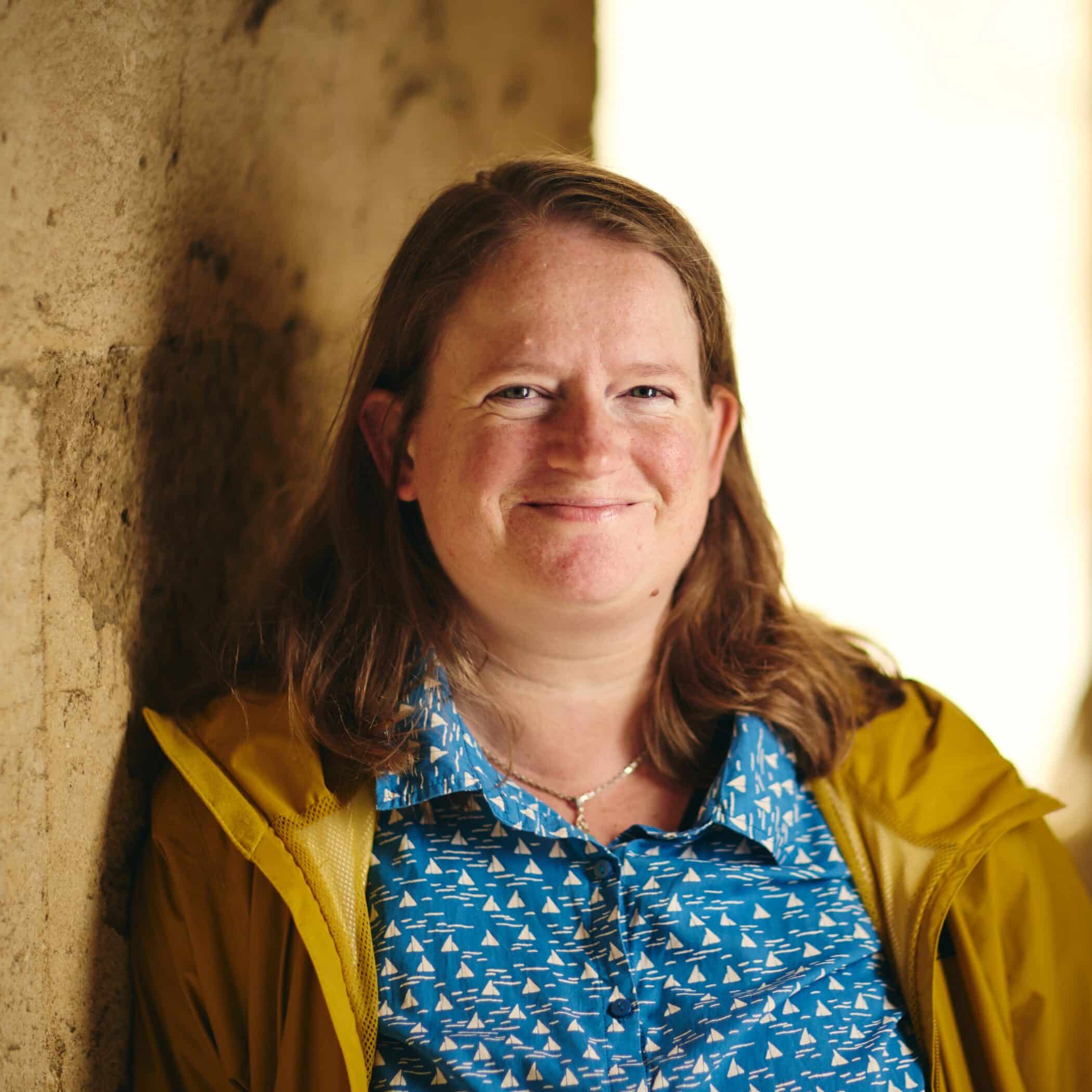
College Lecturer in Philosophy
Dr Janine Gühler
Applying
There are no specific pre-requirements, and candidates may take any subjects at A-level (or equivalent), although it is helpful to have studied Mathematics or History at A-level (or equivalent). Although a background in Mathematics is not formally required for admission, PPE applicants should have sufficient interest in, and aptitude for, mathematics to cope with the mathematical elements of the course. Mathematics is a particular advantage for the Economics component of the course, as well as for the first year logic course in philosophy, and for understanding theories and data in politics.










